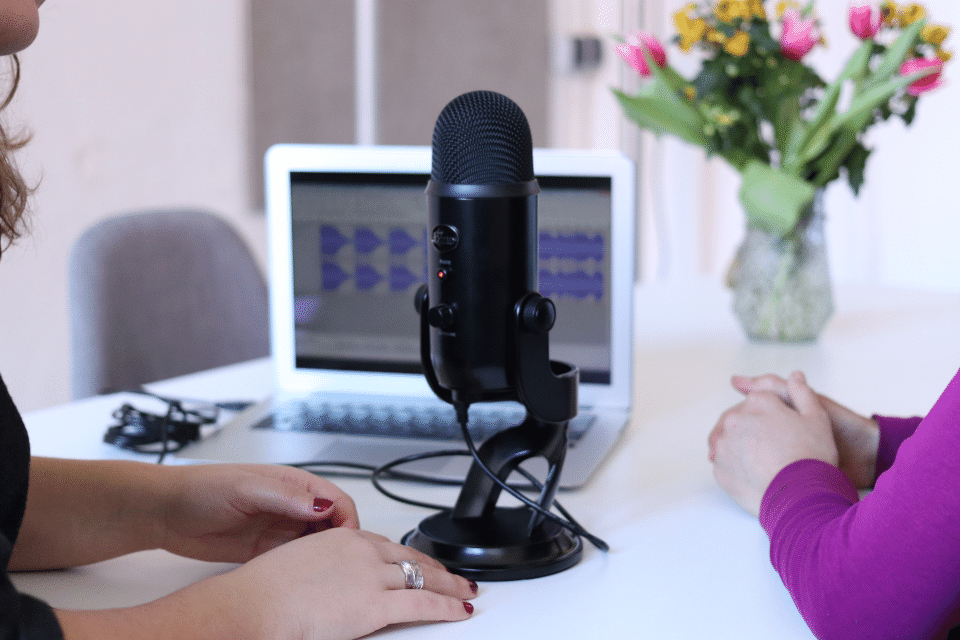
What better way to conclude our celebration of IBS Awareness month than to feature world-renowned dietitian and IBS expert, Kate Scarlata as our April Epicurator! Kate joined the Epicured team as Vice President of Nutrition and Translational Science in February of this year and has sparked joy and inspiration at every corner. We sat down with Kate to learn more about her experience, her initiatives, and her tips for navigating social distancing with digestive conditions:
Kate, tell us more about what drew you to Epicured! What is your role and how do you hope to impact the IBS community with your work?
Epicured has been on my radar since their inception as a company. As a clinician that has experienced firsthand the benefit of the low FODMAP diet for my own GI symptoms and its benefit for many of my patients, I was so grateful to see Epicured emerge as a leader of low FODMAP and gluten free meal delivery and as a healthcare company that supports clinicians working with GI patients. The quality of Epicured’s food is as amazing as the integrity of the people working at Epicured. I am honored to work alongside each and every one of the team members that pours their heart and soul into helping people living with food intolerance.
At Epicured, I have a number of different roles including supporting the clinical team in producing evidence-based content for our Partners in Health clinicians, supporting the culinary team in menu development and enhancements, and consulting with our research partners to leverage Epicured meals for low FODMAP diet research to gain a better understanding of the mechanistic effects of FODMAPs in the gut. Advancing this area of science is essential to help the 1 in 7 Americans and 11% of the global population impacted by IBS.
What does IBS Awareness month mean to you and to the broader GI community? How do you celebrate?
For years, IBS patients were not taken seriously. And, to some degree, many patients continue to receive suboptimal care. IBS patients have been told their disease was “just” IBS and that “your symptoms are all in your head.” Research studies show that IBS symptoms can be debilitating to the point that people living with IBS are willing to give up 25% of their remaining life for a treatment that would manage their symptoms. To me, IBS awareness month allows all of us as a group to support people living with this challenging disorder. By raising awareness of IBS, we will support those living with this condition and allow them to feel less alone while advancing the research to improve our understanding and treatment modalities of this very complex disorder.
Tell us more about your campaign “I Believe in your Story.”
I started this campaign 3 years ago, to raise awareness of IBS, fund research (U.S. government funding for research for IBS is minimal), and to create complimentary educational resources for people living with IBS and for the clinicians that work with IBS patients.
For those navigating the global health crisis while living with digestive conditions, what advice would you give?
There is no question we are living in a more stressful world in the midst of the COVID-19 pandemic. Here are 3 tips I would like to share for people living with digestive conditions:

1. Give yourself wiggle room.
We are living in a crisis that none of us have ever experienced. This is a stressful situation and as such you may feel a bit more tired than usual and maybe a bit more on edge. If you need a nap, take a nap. If you need a treat, enjoy a treat. You don’t have to learn how to bake sourdough and start yoga classes right now. But, if doing these activities is joyful for you and helps with your stress management, do them. We all manage stress differently, remind yourself to approach life in the way that helps YOU.
 2. Get plenty of sleep.
2. Get plenty of sleep.
Our bodies require downtime to rejuvenate and repair. If you have trouble sleeping, try some simple measures to improve your sleep hygiene such as: get off your phone or television 2 hours before your bedtime, take a warm bath or shower to relax your body in preparation for sleeping, and dim the lights to help your body make melatonin, a hormone that regulates the sleep-wake cycle.
 3. Hydrate.
3. Hydrate.
Aim to drink about 64 ounces of water per day. It is easier than it sounds if you set up a schedule. Drink 16 ounces of water with every meal, and set an alarm to remind you to take a 16 ounce water break three times during the day, such as at 10 AM, 2 PM and 4 PM.
Join our Stronger Together Global Virtual Support Group!
We’re gathering our community to stand together, express our concerns, and support each other every Thursday at 4:00 pm EST. Join us as Kate Scarlata moderates along with a different, notable GI psychologist each week to provide a safe space to express ourselves, ask questions, and get helpful tips, support, and restoration.
{{cta(‘2f3cb7c2-67ef-4540-a922-2aa8b9b3adff’)}}
More from Kate!
Read Her Latest Epicured Blogs


